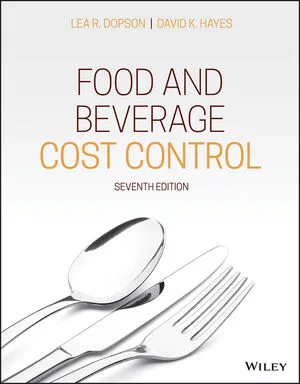Between Drinks
Foundations providing emergency grants for essential hospitality workers
USBG National Charity Foundation disburses $9.6M to help 32K hospitality workers
On Valentine’s Day, it’s traditional to give greeting cards, heart-shaped chocolate, the quintessential red roses and to go out for a romantic dinner with wine and candlelight, Yet, during COVID-19, celebrating holidays in restaurants and bars remains difficult. Many essential hospitality workers are suffering severe financial woes from a lack of on-premise traffic.
According to a mid-September 2020 survey from the National Restaurant Association, nearly one in six restaurants (representing nearly 100,000 restaurants) is closed either permanently or long term. Meanwhile nearly 3 million employees are still out of work, and the industry was on track to lose $240 billion in sales by the end of the year.
Yet, to help bartenders, craft brewers and distillers, and restaurants, several foundations have been “showing the love” with financial support.
For instance, Spirit Hub recently launched The Spirit Hub Independent Distillery Preservation Fund, a 501(c)3 nonprofit organization designed to provide financial aid and resources for independent distilleries nationwide. Applications will be accepted beginning in April. Visit https://www.spirithub.com/
To date, the USBG National Charity Foundation has disbursed $9.6 million in the form of more than 32,000 grants to hospitality workers in need. These emergency grants of between $150-$500 were intended to supplement federal relief programs designed to help with larger, sustained expenses, the foundation said.
In a statement, Genevieve Porter, senior foundation program manager for USBG, said: “We are proud to report that the Bartender Emergency Assistance Program's COVID-19 Relief Campaign was able to provide meaningful financial assistance grants to tens of thousands of hospitality industry professionals during the height of the 2020 COVID-19 crisis. … Through your charitable giving, we disbursed $9.6 million to help Serve Those Who Serve Us.”
Noting that there is no silver bullet for the pandemic, the campaign provided much-needed funds to bartenders (84 percent), bar servers (14 percent) and other (2 percent) in all 50 states, Puerto Rico and the U.S. Virgin Islands.
Looking for a reprint of this article?
From high-res PDFs to custom plaques, order your copy today!






